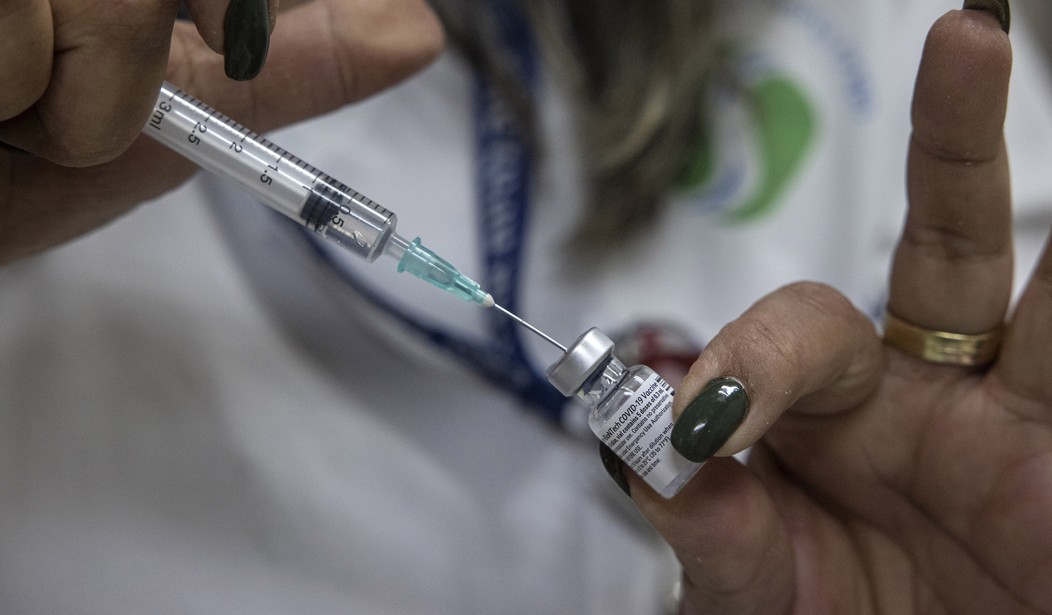Editors Note: This column was co-written by Timothy Allen
Pausing the Johnson & Johnson coronavirus vaccine will result in more deaths. The recommendation to halt the vaccine’s use occurred because six people have suffered blood clots out of the 6.8 million doses, and one person has died. The Centers for Disease Control (CDC) advisory panel is under attack for “prematurely” authorizing the vaccine’s use. ABC News’ headline warns that “many women on edge” because of these fears.
Unfortunately, emotions, not logic, are ruling the day. Even if the vaccine is causing blood clots, the rate of death is just a tiny fraction of the rate that people are dying from the Coronavirus. The vaccine will save more lives than could possibly be lost from the vaccine causing blood clots.
The rate of fatal blood clots for those getting the vaccine of 1 out of 6.8 million doses is a tiny fraction of the rate people die from blood clots every year. According to the CDC, 60,000 to 100,000 of the 330 million Americans die each year from blood clots, which on a monthly basis is at least 100 to 167 times per 6.8 million people. A much higher rate than people who have gotten the vaccine is dying from blood clots. Adjusting for age does not change these numbers.
These numbers should surely give pause to blaming this blood clot death on the vaccine because the normal rate that people are dying from blood clots is much higher than the rate that people who have gotten the vaccine have died from it. Given these probabilities, the vaccine might actually provide protection against these problems!
Now compare this to the rate that people are dying from the Coronavirus. On April 14th, 932 people are reported to have died. At a monthly rate, that is 27,960, or a rate of 576 people for every 6.8 million. Now obviously, the vaccine won’t save everyone. The vaccine is only 85 percent effective in protecting people from the most severe cases of the Coronavirus, so that means 490 lives saved per 6.8 million people.
Recommended
To put it differently, they think that they can possibly save one life but at the same time put 490 lives at risk. But the more likely outcome is that they are putting 490 lives at risk to save no one.
Is this the standard that we want to use? One out of every thousand women taking birth control get blood clots, and about 1 percent of those who get blood clots die. That is still a death rate 68 times higher than the Johnson & Johnson vaccine.
No one wants even one death. But, unfortunately, the real choice that we face is minimizing the total number of deaths.
Over and over again, during the Coronavirus pandemic, we have seen this same unwillingness for public health officials to discuss trade-offs. We all want to save lives. But there are always trade-offs. Destroying jobs and closing schools may cause more suicides. Pausing elective (scheduled, non-emergency) surgery for months causes people who have cancer or other serious health problems to have to wait for needed surgery. We were told we must lockdown the economy, but the public health people refused to analyze the total costs.
It is easy to focus on trying to make vaccines as safe as possible, but focusing on only one type of death, as public health people have done, is a recipe for more deaths and more poverty, which means higher death rates.
John Lott is the president of the Crime Prevention Research Center.
Timothy Allen is a governor of the College of American Pathologists
























Join the conversation as a VIP Member